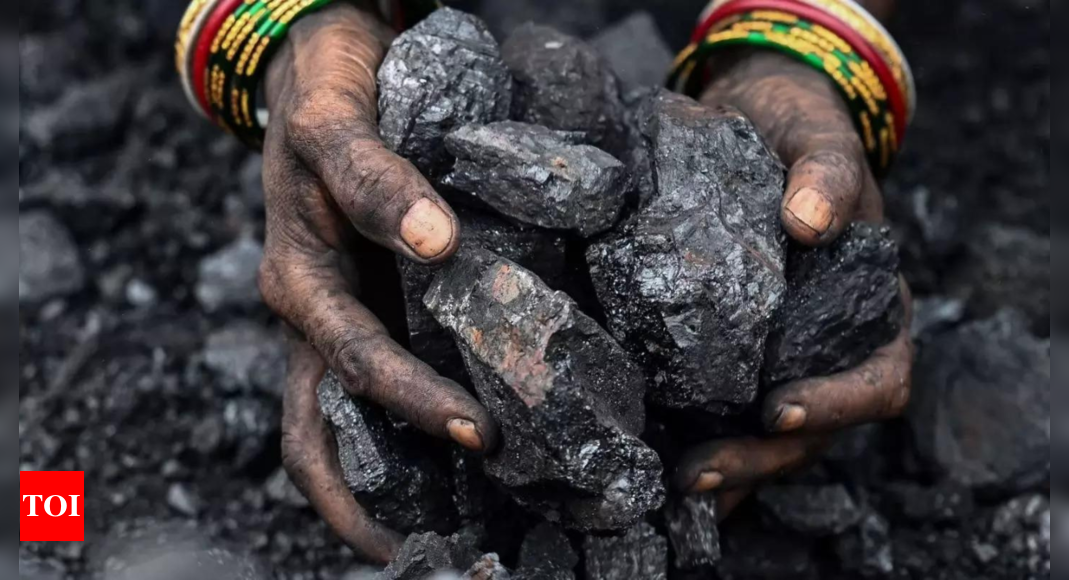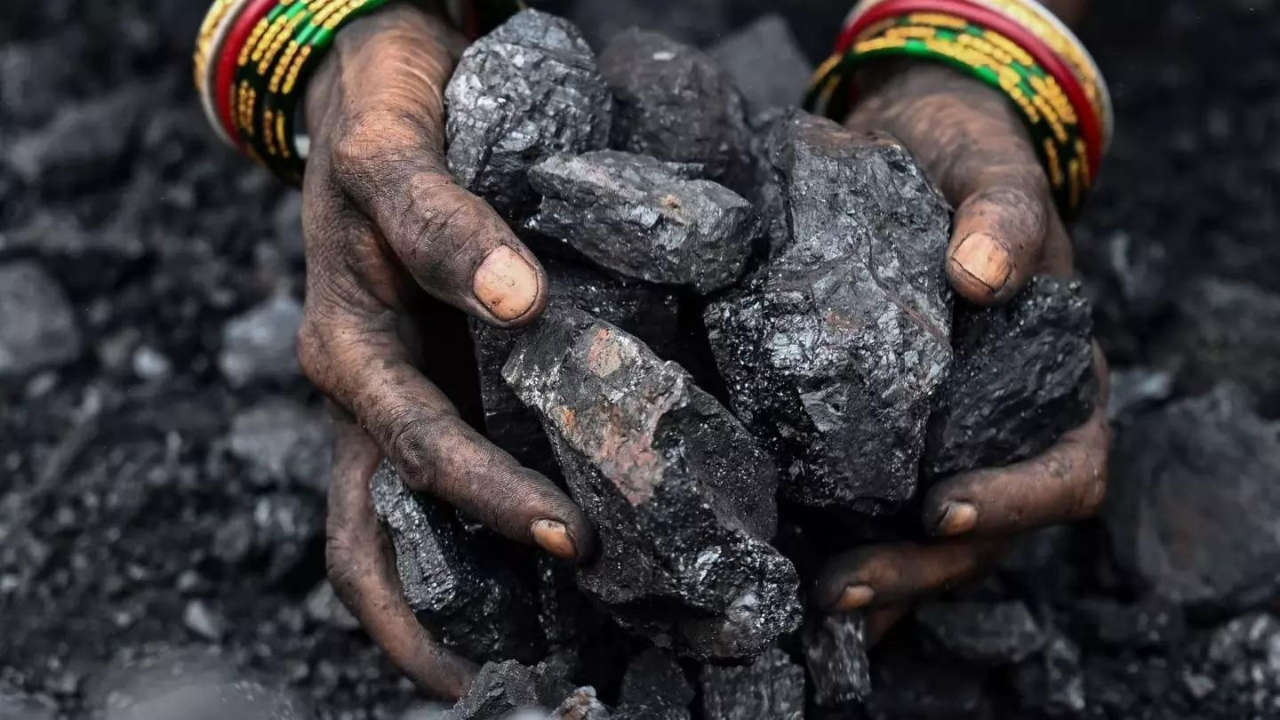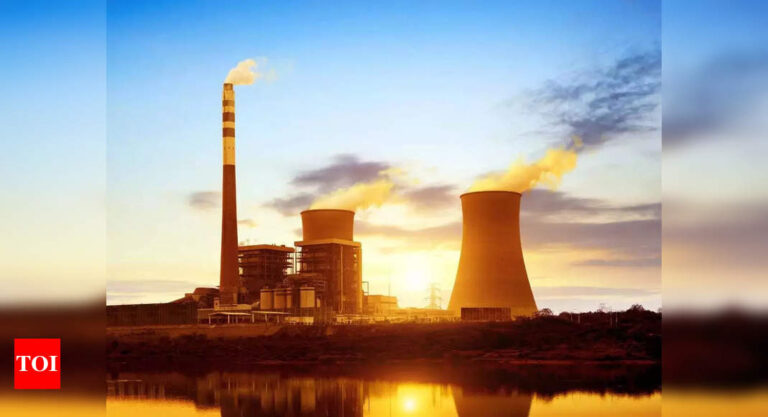[ad_1]
India finds itself at a crossroads because it wrestles with the complexities of assembly its escalating vitality calls for whereas striving to transition in direction of cleaner, renewable sources, Latest analysis signifies that the nation’s vitality subsidies have surged to a nine-year excessive, reaching INR 3.2 lakh crore (USD 39.3 billion) for the fiscal 12 months ending in 2023.
Regardless of positioning itself as a world local weather chief lately, India’s reliance on fossil fuels stays vital, with coal, oil, and gasoline subsidies contributing roughly 40% of whole vitality subsidies in FY 2023.This stands in stark distinction to clear vitality subsidies, which accounted for lower than 10% of the whole.
The surge in fossil gas subsidies may be attributed partially to the 2022 international vitality disaster, exacerbated by Russia’s invasion of Ukraine, prompting India to implement measures to stabilize home vitality costs. These measures included capping retail costs of petrol, diesel, and liquefied petroleum gasoline, in addition to offering tax cuts and direct transfers to companies and customers.
In response to a report by the Worldwide Institute for Sustainable Improvement (IISD), oil and gasoline subsidies alone rose by 63% in FY 2023 in comparison with the earlier fiscal 12 months. Equally, coal subsidies elevated by 17% over the identical interval, reflecting India’s continued dependence on fossil fuels regardless of its ambitions for clear vitality transition.
With fast financial development propelling India in direction of a USD 5 trillion economic system by 2027, the federal government is investing closely in all types of vitality provide. Nevertheless, specialists warning that this method might hinder progress in direction of India’s clear vitality objectives for 2030 and perpetuate dependence on risky and geopolitically dangerous fossil fuels.
Swasti Raizada, Coverage Advisor at IISD, emphasised the necessity for focused subsidies and a return to market-based pricing to keep away from mounting budgetary impacts. Raizada pressured that untargeted fossil gas subsidies are inefficient and detract from the fiscal sources obtainable for supporting clear vitality applied sciences.
In mild of those challenges, the report recommends that the federal government contemplate reallocating a portion of fossil gas tax revenues to assist a simply transition in direction of cleaner vitality sources. Deepak Sharma, Coverage Analyst at IISD, underlined the significance of making certain that state-owned enterprises align with India’s net-zero commitments to facilitate a sustainable and inclusive vitality transition.
India clearly grapples with the twin imperatives of assembly rising vitality calls for and decreasing carbon emissions. The trail ahead hinges on decisive coverage actions that prioritize clear vitality investments whereas mitigating the adversarial impacts of fossil gas subsidies.
Regardless of positioning itself as a world local weather chief lately, India’s reliance on fossil fuels stays vital, with coal, oil, and gasoline subsidies contributing roughly 40% of whole vitality subsidies in FY 2023.This stands in stark distinction to clear vitality subsidies, which accounted for lower than 10% of the whole.
The surge in fossil gas subsidies may be attributed partially to the 2022 international vitality disaster, exacerbated by Russia’s invasion of Ukraine, prompting India to implement measures to stabilize home vitality costs. These measures included capping retail costs of petrol, diesel, and liquefied petroleum gasoline, in addition to offering tax cuts and direct transfers to companies and customers.
In response to a report by the Worldwide Institute for Sustainable Improvement (IISD), oil and gasoline subsidies alone rose by 63% in FY 2023 in comparison with the earlier fiscal 12 months. Equally, coal subsidies elevated by 17% over the identical interval, reflecting India’s continued dependence on fossil fuels regardless of its ambitions for clear vitality transition.
With fast financial development propelling India in direction of a USD 5 trillion economic system by 2027, the federal government is investing closely in all types of vitality provide. Nevertheless, specialists warning that this method might hinder progress in direction of India’s clear vitality objectives for 2030 and perpetuate dependence on risky and geopolitically dangerous fossil fuels.
Swasti Raizada, Coverage Advisor at IISD, emphasised the necessity for focused subsidies and a return to market-based pricing to keep away from mounting budgetary impacts. Raizada pressured that untargeted fossil gas subsidies are inefficient and detract from the fiscal sources obtainable for supporting clear vitality applied sciences.
In mild of those challenges, the report recommends that the federal government contemplate reallocating a portion of fossil gas tax revenues to assist a simply transition in direction of cleaner vitality sources. Deepak Sharma, Coverage Analyst at IISD, underlined the significance of making certain that state-owned enterprises align with India’s net-zero commitments to facilitate a sustainable and inclusive vitality transition.
India clearly grapples with the twin imperatives of assembly rising vitality calls for and decreasing carbon emissions. The trail ahead hinges on decisive coverage actions that prioritize clear vitality investments whereas mitigating the adversarial impacts of fossil gas subsidies.
[ad_2]
2024-03-13 05:17:08
[





















+ There are no comments
Add yours